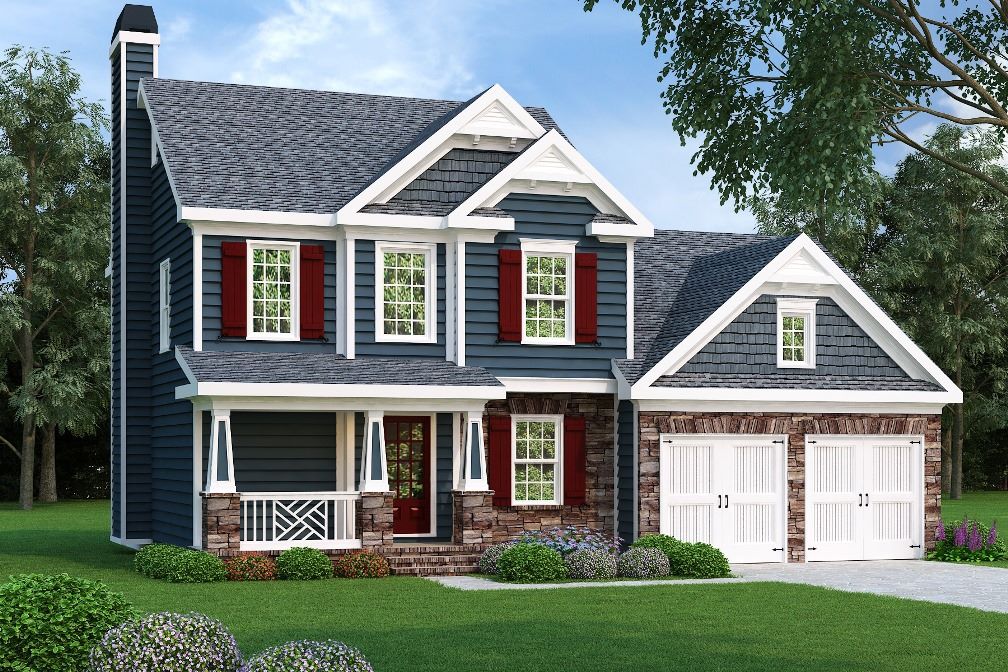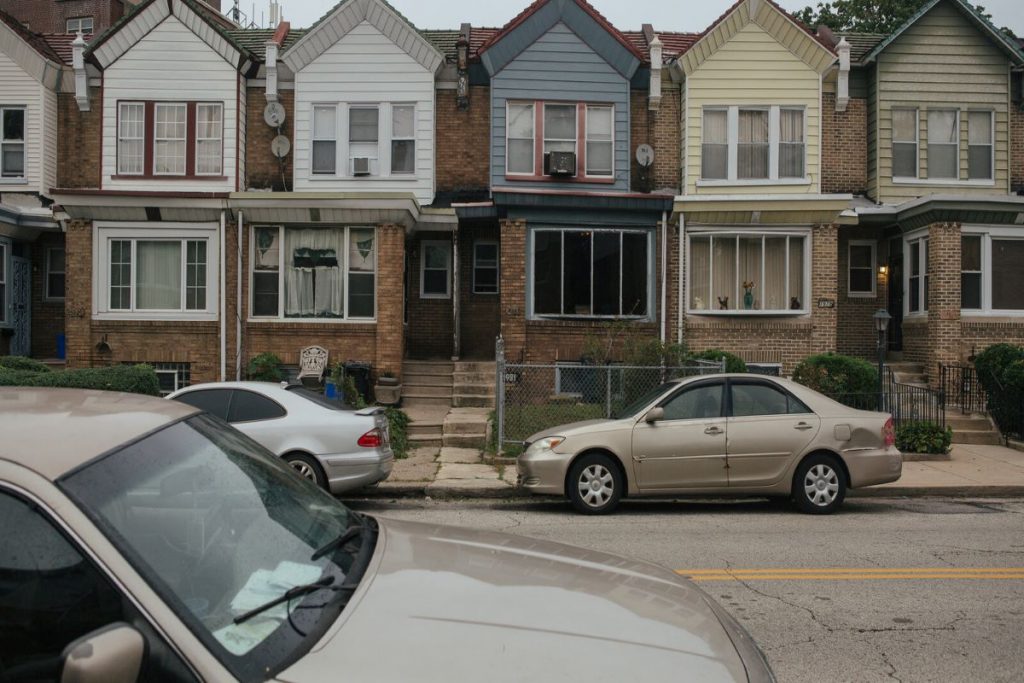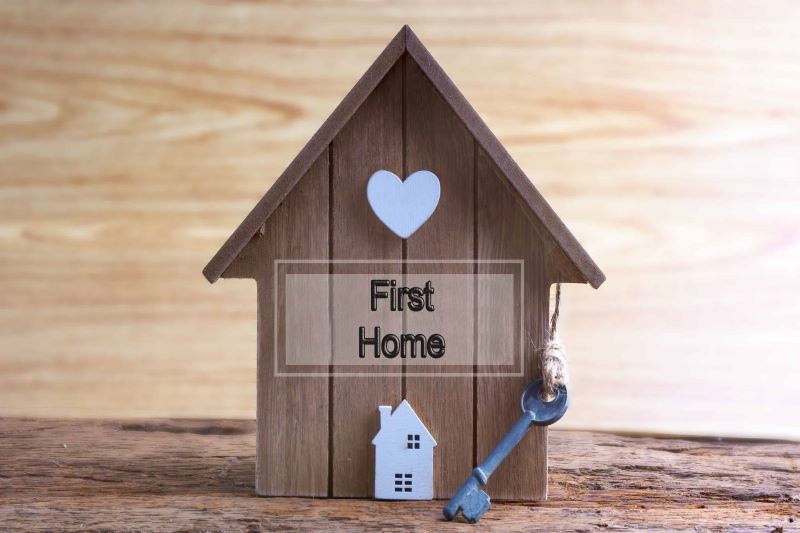Table of Contents
Once you’ve decided to have your trusted home builders design and construct your dream home, you will be faced with the decision of choosing among the wide array of house designs that they offer. The first thing you should consider should be the number of story’s your house should have.
Since it represents a significant investment, it is imperative that you determine whether a one-story house is the right choice for you or if you are better off living in a two-story building.
To make sure you don’t regret your decision later, it is important that you understand the different considerations in home design and the various benefits and drawbacks of single-story and two-story houses based on these factors.
One-Story or Two-Story? 7 Important Considerations
Owning a house is a major milestone for any individual, which is why it is important to do it right. Since you and your family will be living in it for the rest of your lives, you should never forget to factor in both your present and future needs on top of your personal preferences in size and layout.
To help you out, here are seven important considerations you should keep in mind when choosing between one-story and two-story home designs:
1. Emergencies
Emergencies come unannounced, but you can always plan for them when having your home constructed. Take into consideration natural disasters like storms, flood, and earthquakes as well as man-made catastrophes like fires when choosing a home design by checking the risk level of the block where the edifice is to be constructed on.
If your land is located near a coastline, make sure to prepare for lots of flooding and tidal waves as these places also often see lots of hurricanes. If it is somewhere that often experiences droughts and dry spells, be prepared for forest fires that can ignite anytime.
The bottom line is that you need to ensure that your home is equipped with the right protective features and escape routes to keep your family safe when choosing between a single-story and a two-story home.
2. Security
Security is another major concern for any new homeowner, especially if the house will be constructed in an unfamiliar neighborhood.
Single-story houses often require more protection against burglars compared to two-story edifices because of the vulnerability presented by the low-rise windows. Having a second floor will add a layer of security and protection to your property that will grant you and your family freedom to open your windows at night to let the cool breeze in while keeping potential intruders out.
3. Noise
Noise is another consideration when choosing whether to have a one-story home or a two-story building. The latter may have a slight disadvantage when it comes to this factor since sound is carried to the upper floors of the house, especially in the evening. This is particularly true when an upstairs bedroom is situated right above the living room where the television is blaring on an otherwise quiet night.
4. Space
As spacious as your single-story home can be, it may still be at a disadvantage when compared to a house with two floors in terms of space efficiency. If you opt for a one-story house, you may be at risk of occupying most of your land, which means you would have to sacrifice having a wide backyard or garden your children can play in.
Since double-story houses make use of the vertical space as well, it may be the better choice if you’re particularly fond of having a bigger space for your yard.
5. Convenience
Convenience is a major priority when deciding on a house design. However, there’s no single formula that applies to all in determining this as it will depend on the stage of life you and your family are in.
Removing the need to climb stairs for people with knee and hip problems or even simple pains in different parts of the body is something you should think about. For households with elderly residents, a single-story home is the best choice because it allows ease of movement and navigation. The same is true for families with differently abled members.
Meanwhile, those living with young children, especially toddlers between ages two and four, may also benefit from a one-story flat as it would reduce the risk of accidental falls from staircases. Parents may opt to install gates at both ends of the stairs.
However, it is still more optimal to remove the risk altogether since children at this age are too curious to bother with the consequences and the gates their parents installed for their safety.
6. Construction Cost
Two of the most common mistakes new homeowners make are underestimating expenses and overspending to achieve a certain look for their dream house.
When you create an approximation of the cost of construction in your mind, it is important that you consult an expert so that your expectations would be aligned with the actual cost of materials and labor. This way, you can avoid putting unnecessary pressure on your contractor by being overly optimistic (and unrealistically so) about the finishing costs for your home.
Meanwhile, overspending often occurs when a homeowner is too engrossed in making his house look like something out of a home improvement magazine. While it is well and good to desire a luxuriously designed home, it is better to be practical and sensible when choosing home features that will add to the property’s curb appeal while staying within the budget.
7. Property Aspects
Obviously, two-story edifices cost more than a single-story one with the same floor area because the former requires more cement and other materials to maximize the vertical space. However, building a two-story home in an urban setting is favorable compared to single-story houses. This is because having a second floor offers flexibility in promoting privacy between children and adults living under the same roof.
On the other hand, the second floor can also help you maximize a view from your home, especially if you live in a neighborhood with picturesque sites and popular tourist destinations. This will help increase the value of your property should you decide to sell it later.
The Verdict
When deciding between a one-story and two-story home, you should make sure you have a deep understanding of your needs and the property itself. This, among several other factors, will ensure that you don’t regret your decision later. It will also help you choose the right home builder for the job.








